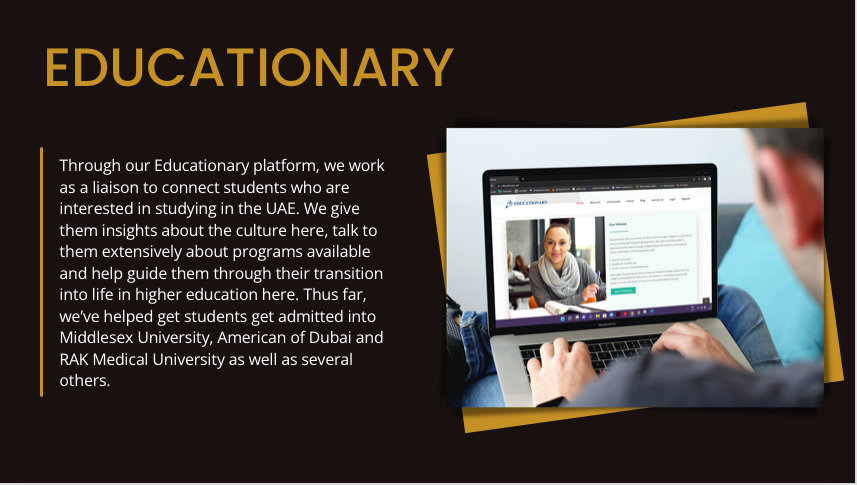Attending university is a significant milestone for everyone, and rightfully so. While many students follow a traditional timeline of applying beforehand and keeping in the requirements ready for submission, some of us, due to many unprecedented reasons or circumstances, find themselves needing to submit the applications later than planned. Whether you decided late in the game, faced unexpected circumstances, or simply missed initial deadlines, it’s crucial to know that a strong late university application is still within your reach. Here’s how you can make your application stand out, even if you’re a bit behind the curve.
Stay Calm and Get Organized
First and foremost, take a deep breath. Stressing out will only hinder your productivity. Start by making a checklist of everything you need to complete. Break down the tasks into smaller, manageable steps, such as gathering documents, writing essays, and requesting letters of recommendation. Use a calendar or planner to set specific deadlines for each task. This will help you stay on track and ensure that nothing falls through the cracks. Prioritize tasks based on their importance and deadlines, and tackle them one at a time.
Research Late Application Policies
Every university has different policies regarding late applications. Some schools offer rolling admissions, where applications are reviewed as they come in until all spots are filled. Others may have specific late application deadlines or even allow exceptions on a case-by-case basis. Visit the websites of the universities you’re interested in to understand their late application policies. If the information isn’t clear, don’t hesitate to contact the admissions office directly. This proactive approach demonstrates your interest and determination.
Craft a Compelling Personal Statement
Your personal statement is your chance to shine and explain why you’re a great fit for the university. When applying late, it’s essential to address any reasons for the delay, if appropriate, while focusing on your strengths and aspirations. If you had extenuating circumstances that led to a late application, briefly explain them without making excuses. Highlight how you’ve overcome challenges and grown from the experience. Emphasize your academic achievements, extracurricular activities, and any relevant work or volunteer experience. Highlight any recent accomplishments that demonstrate your commitment and capabilities.
Secure Strong Letters of Recommendation
Letters of recommendation provide a valuable outside perspective on your abilities and character. When applying late, it’s crucial to approach potential recommenders with respect for their time constraints. Select teachers, mentors, or employers who know you well and can speak to your strengths and preferably, choose individuals who can highlight your recent accomplishments. Offer your recommenders a brief summary of your achievements, goals, and any specific points you’d like them to mention. This will help them write a more personalized and impactful letter.
Prepare for Interviews
Some universities may require or offer optional interviews as part of the late application process. If given the opportunity, use the interview to further demonstrate your enthusiasm and fit for the school. Familiarize yourself with typical interview questions and practice your responses. Be ready to discuss your academic interests, career goals, and reasons for applying late. Prepare a few questions to ask the interviewer. This shows that you’ve done your homework and are seriously considering the school.
Consider Backup Options
While it’s essential to stay optimistic about your late application, it’s also wise to have backup plans. Consider applying to additional schools with rolling admissions or later deadlines. You might also explore community colleges, online programs, or taking a gap year to strengthen your application for the next admissions cycle.
Applying late to university can be a stressful experience, but with careful planning and a positive attitude, you can still submit a strong application. Remember, it’s not just about meeting the deadline; it’s about showing who you are and what you bring to the table. Good luck!






Leave A Comment